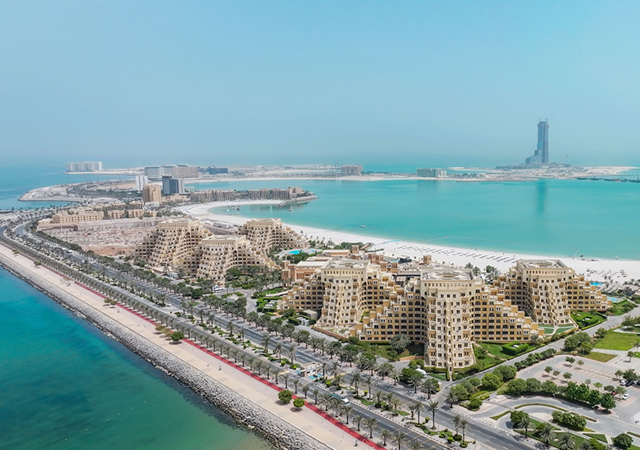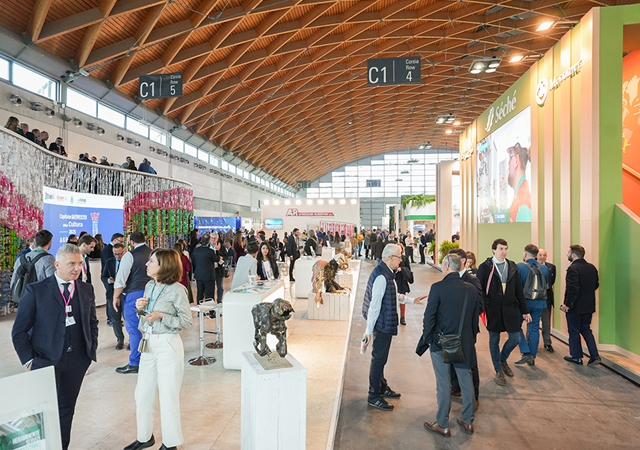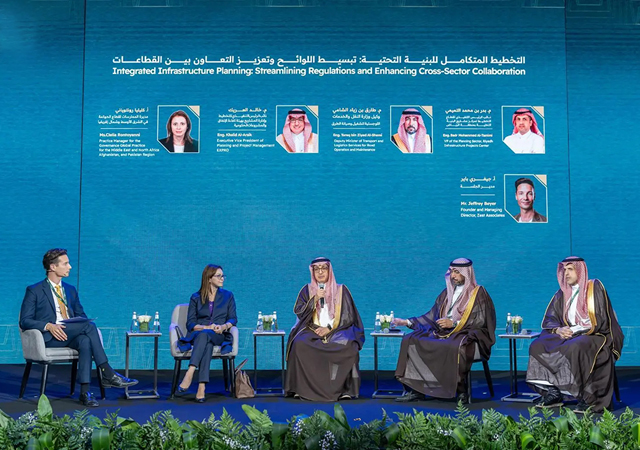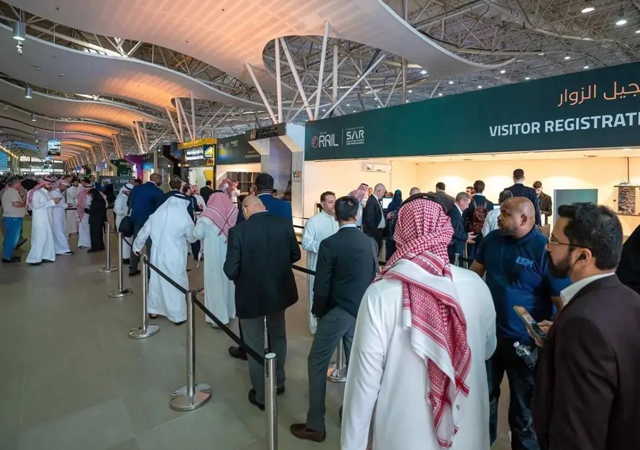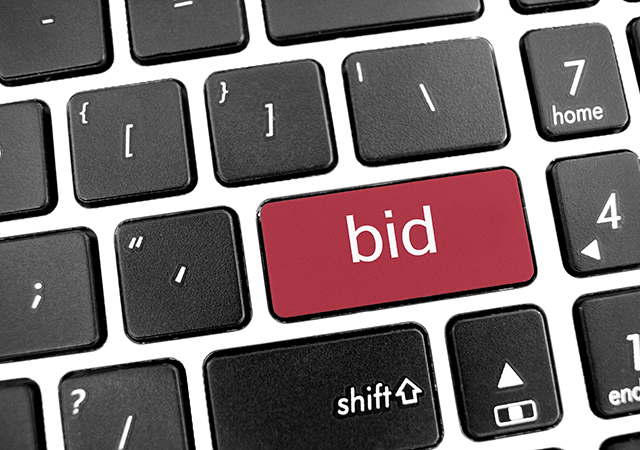
 Retrosystems integrated within the insulation glass and retrosystems as venetian blinds.
Retrosystems integrated within the insulation glass and retrosystems as venetian blinds.
Al Imtiaz Industrial Projects – a marketing specialist in intelligent building solutions for daylight control and solar shading – is looking forward to launch the innovative German RetroSolar systems during its maiden appearance at the Big 5 show this year.
Al Imtiaz Industrial Projects – a subsidiary of the Al Imtiaz Investment Company – signed a collaborative agreement last year with Dr Helmut Koster, a Frankfurt-based lighting designer and inventor of the RetroSolar system to market it in the Middle East.
“The RetroSolar is a shading, daylighting, and media facade system used in glazed building facades and skylights. It has received a very encouraging response from the Kuwaiti markets where it was introduced last year,” says Ahmad Al Dousari, assistant manager for business development of the company.
He continues: “We have already participated in various exhibitions held in the Gulf to promote this product and will be visiting the Big 5 show to establish contact with thousands of potentials buyers and develop a quality database of clients.”
RetroSolar is claimed to be the first product of its kind that improves daylighting in interior spaces without the associated overheating and glare through mono-reflective mirror systems.
These mono-reflective daylight direction systems comprise two formats of louvres in blinds: micro-structured mirror louvre surfaces and macro-structured mirror louvres (with a specially stepped reflector). The objective of these systems is to redirect the incoming sunlight outwards by means of a single reflection. As a result of the mono-reflection, the heating up of the façade is reduced and the lowest g-values for the total energy transmission are achieved.
“The system is incorporated in a conventional insulation glass unit, hermetically sealed from outside conditions, hence is maintenance-free. It provides all benefits of insulation glass as well as shading, daylight control, cost savings issues (in terms of maintenance, cooling, lighting system), can be easily built in most modern façade construction systems and keeps the glass façade visually open,” Al Dousari points out.
“Mono-reflection means that we retro-reflect the overheating sun with one single reflection. Less reflections means less absorption, resulting in less heat. The mono-reflectivity is the result of an optimising process of the louvre contours in relation to the constantly changing angles of incidence of the sun,” points out Dr Koester.
“Existing systems are not able to protect buildings from overheating. They just create some shadow,” he elaborates. “Also, normal blinds have to be closed in order to create a glare-free working space, and the visual transmission is gone. With the new retro-technique we have a tool for passive cooling as the overheating sun becomes retro-reflected. Simultaneously, we improve the daylighting of the interior by the light shelf. Since the blinds stay mainly in a horizontal, open position, we are able to improve the visual transmission of blind systems. No existing technology has such advantages.
This apart, the retro-technology does not change the colour spectrum of the natural, healthy daylight as we are only dimming the light by the reflector technology. Traditional blinds absorb the light by colour effects.”
“The solar incidence on façades can be more during summer month in Europe than in the Gulf because of the lower angle of incidence in the northern countries. That is why I am optimistic that we will succeed in the Gulf. The outside temperatures are much higher in the Gulf, but the energy load onto the façade by the solar incidence is much more in Europe. Hence, to manage the problem of overheating in the Gulf is easy with our technology,” adds Koester.
Koester’s company, which started developing louvre designs almost 30 years ago, has successfully completed mega projects in Germany comprising around 2.5 million sq ft in roofs and façades and include the Government Hall in Berlin and glass roofs of the new Munich Exhibition in Germany, where it focused on optimising the louvres in three aspects: visual transmission, best retro-reflection, and best daylighting.
Al Imtiaz Investment Company is currently conducting feasibility studies to transfer the German know-how and technology of the RetroSolar system in a bid to manufacture it in Kuwait.
“The company is now consulting an architect Dr Al Mohaisen, who is a professor at Kuwait University’s department of architecture, with a view to developing local industries in the field of passive cooling and daylighting products which will help to promote the RetroSolar systems in the region,” adds Al Dousari.
In addition, a series of seminars are being conducted in the GCC to promote the advantages that the system offers.
Commenting on the company’s business, he says. “With the proactive measures taken by the government to boost economic ties between Kuwait and other GCC countries, we foresee good opportunities in the Kuwaiti markets specially in the industrial and construction fields in the near future,” he says.
Among the company’s successfully completed projects in Kuwait are the Central Bank of Kuwait and the International Tennis complex for which the company supplied its range of intelligent building solutions for daylighting and solar shading.
Al Imtiaz Investment Company will be promoting its services at Zabeel Hall Stand Q33.



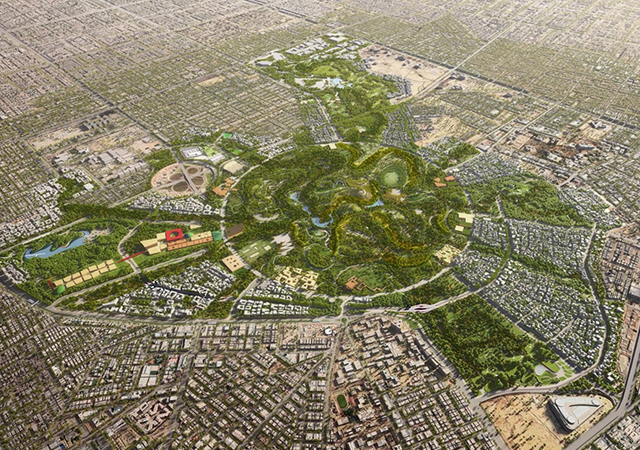
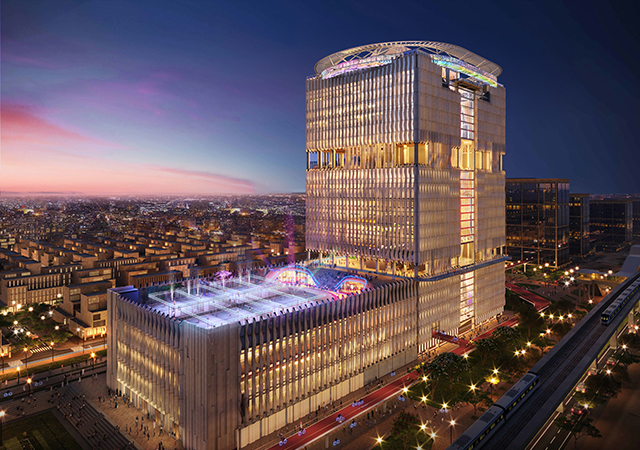
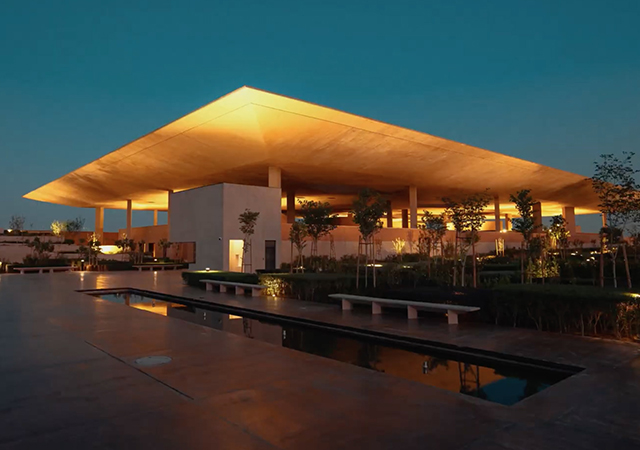
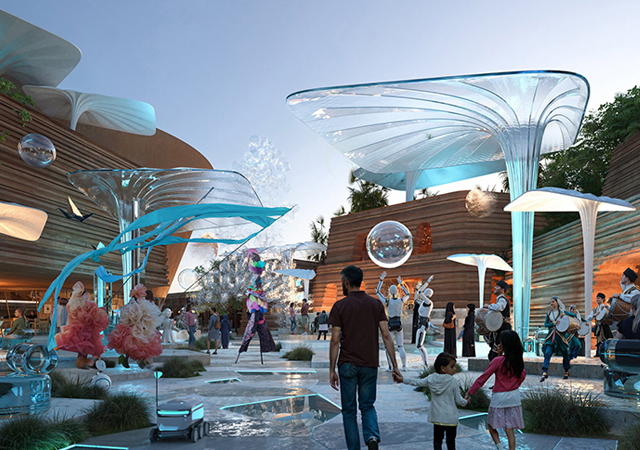
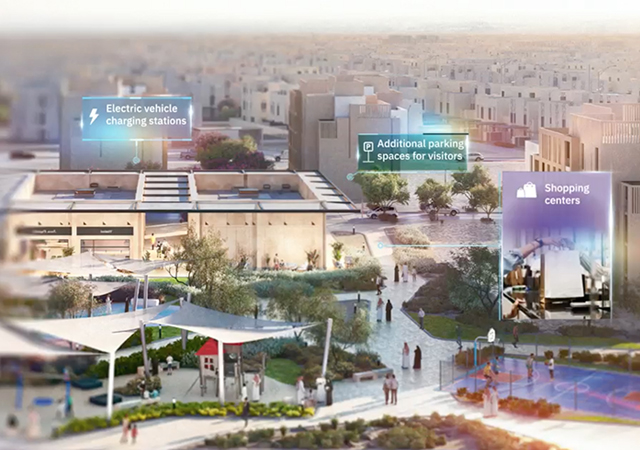
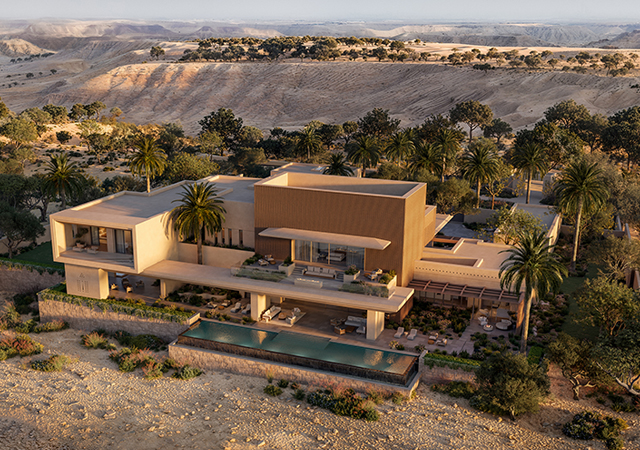
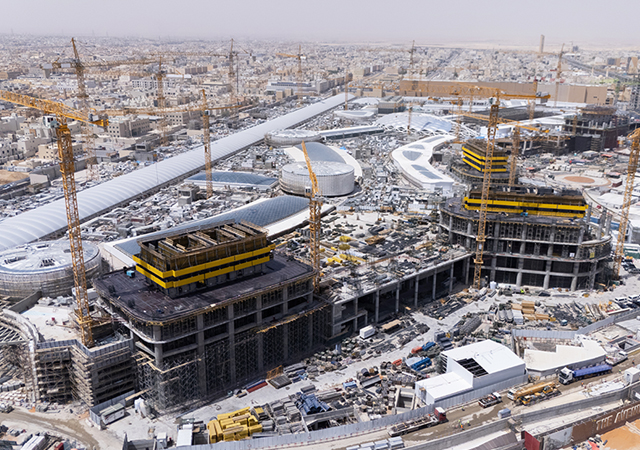
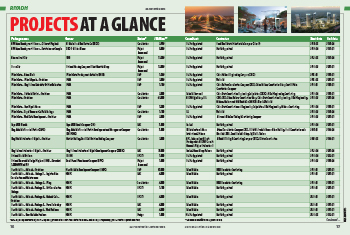
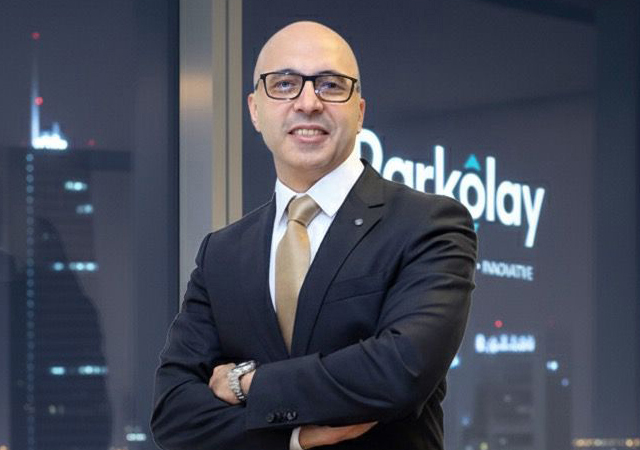
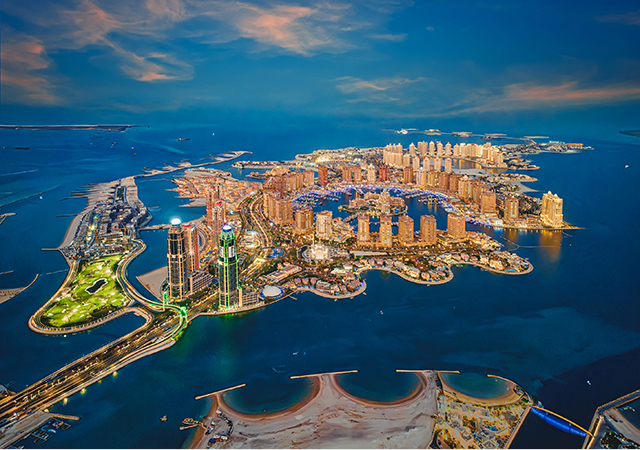
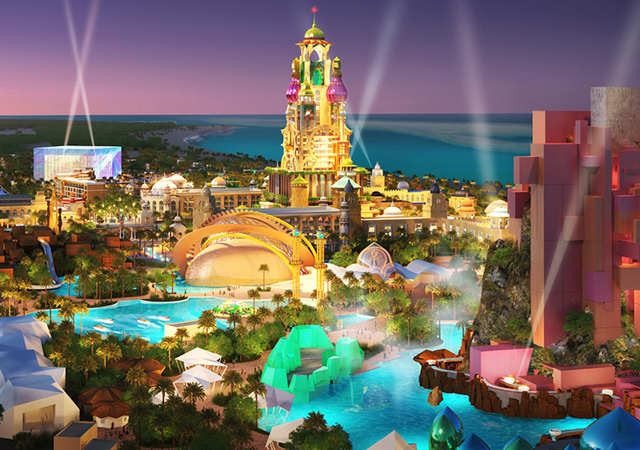
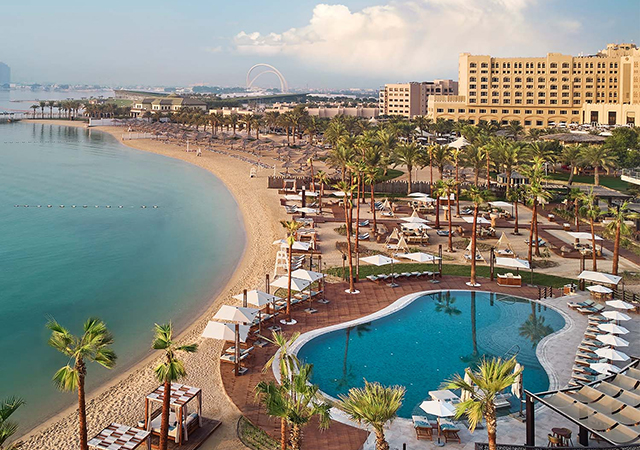
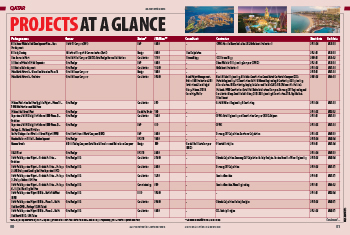
.jpg)
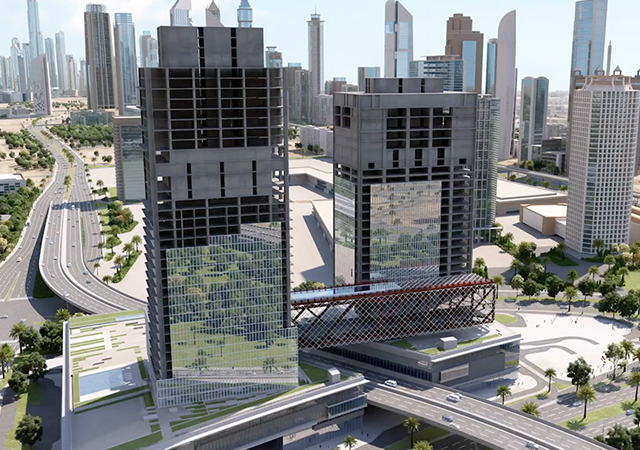
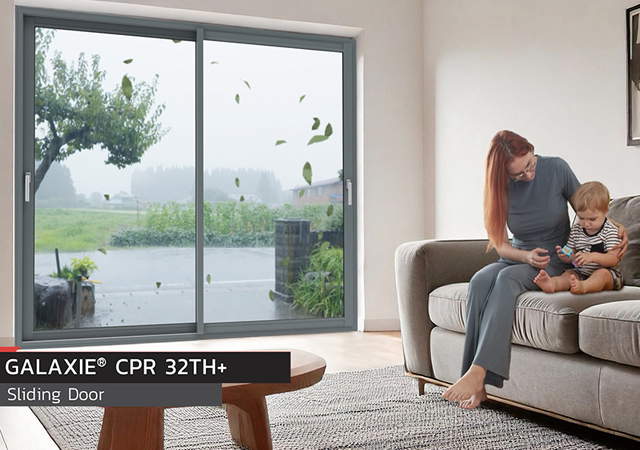
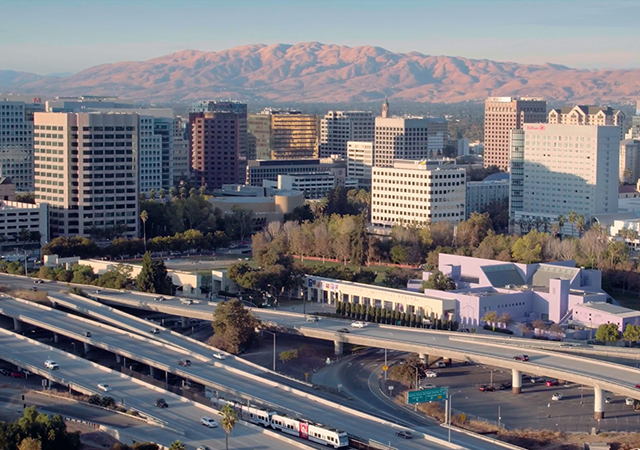
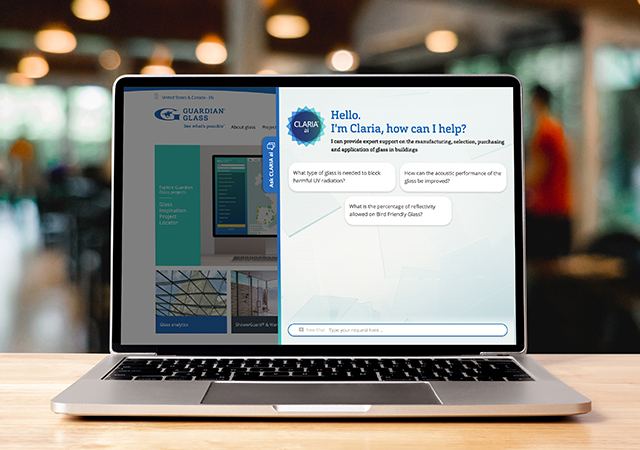

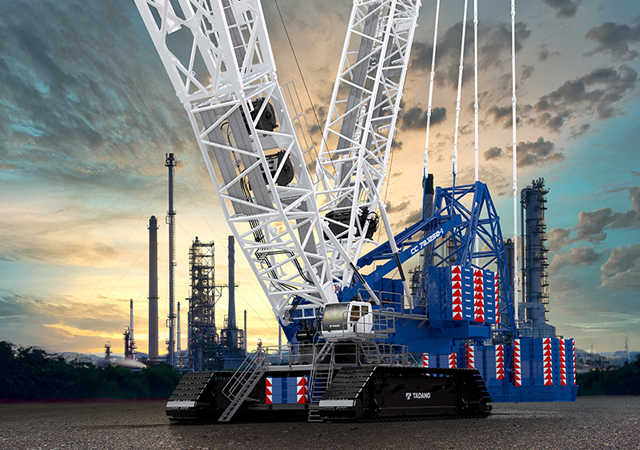
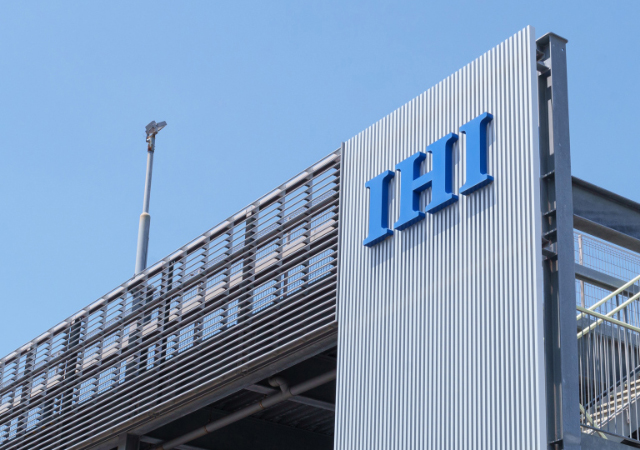
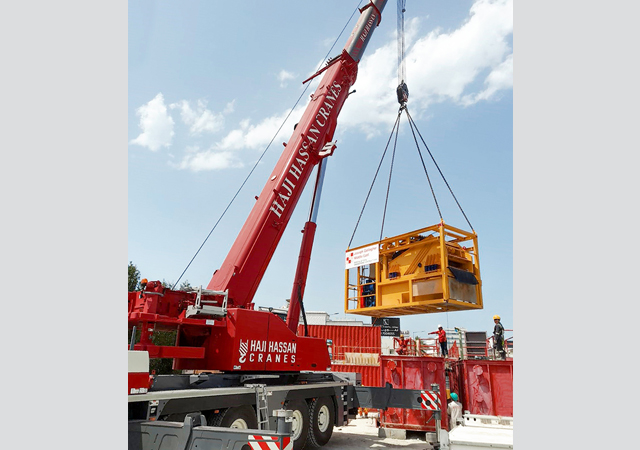
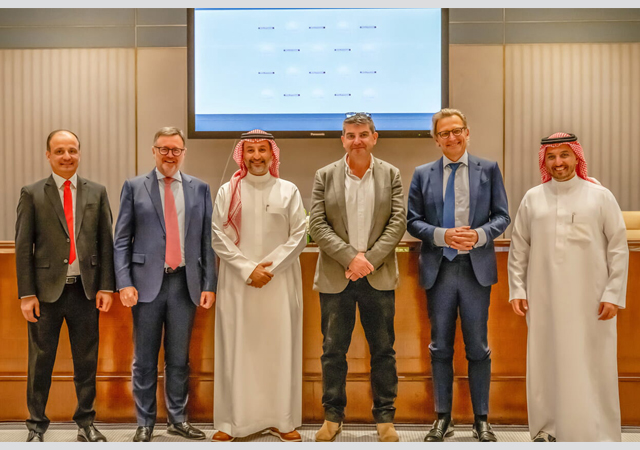
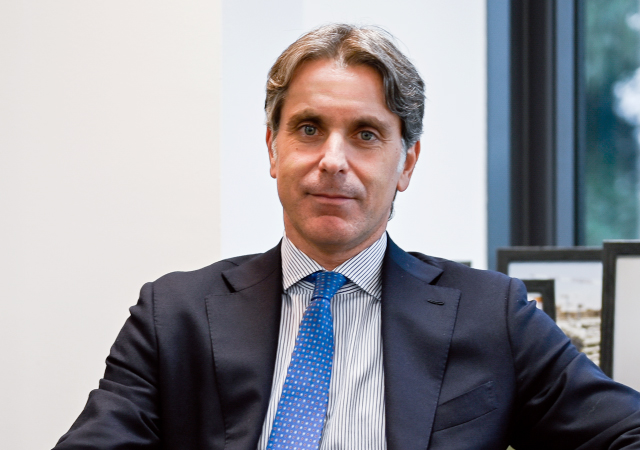
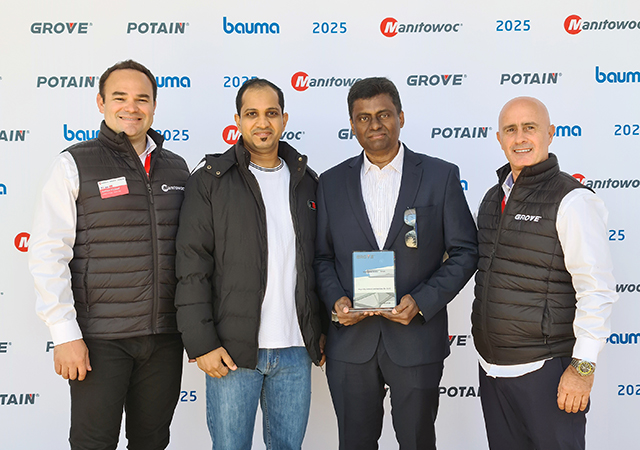
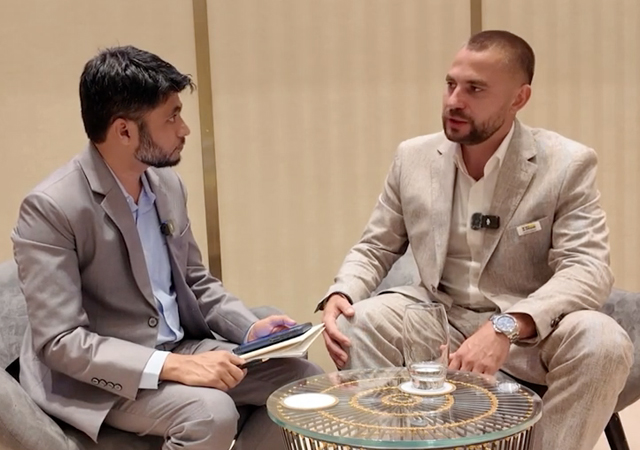
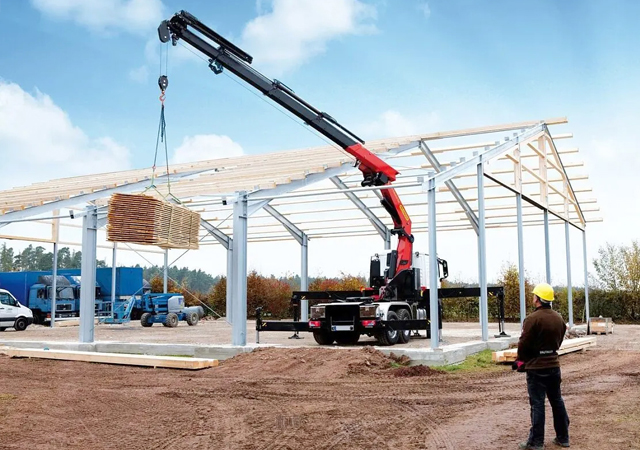
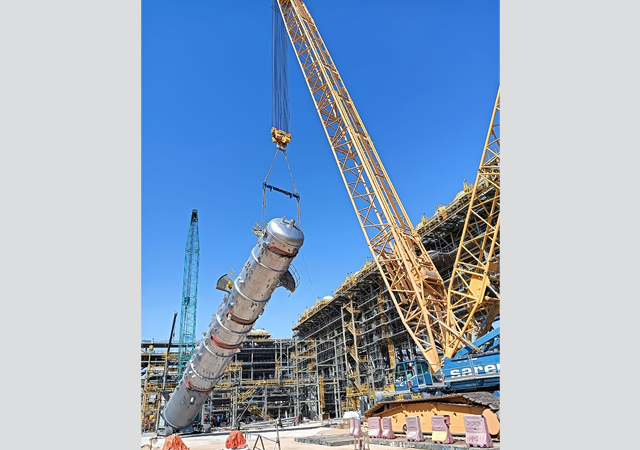
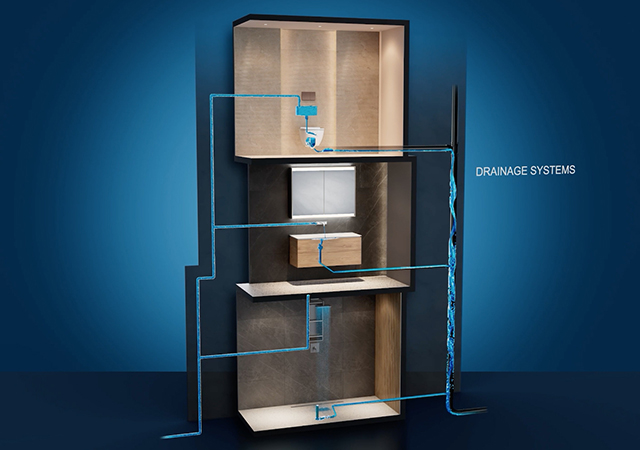
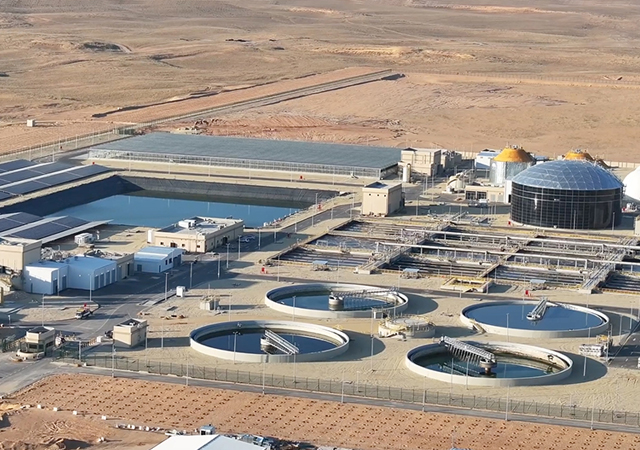

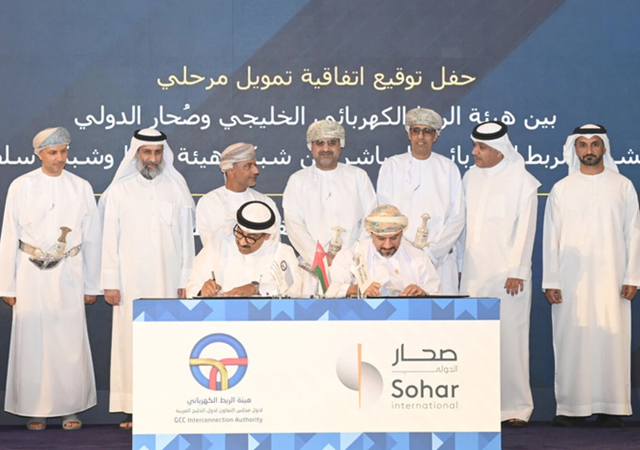
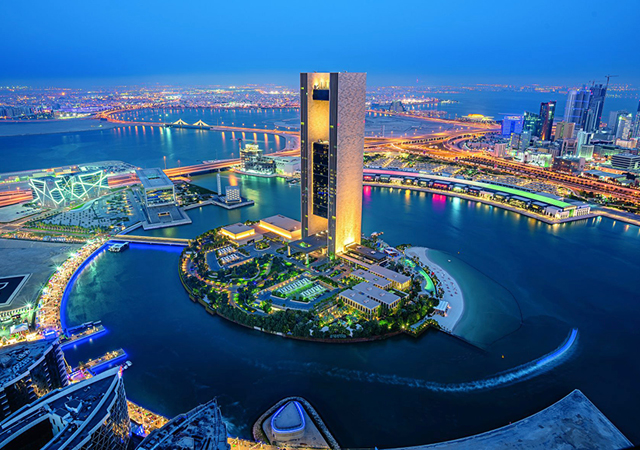
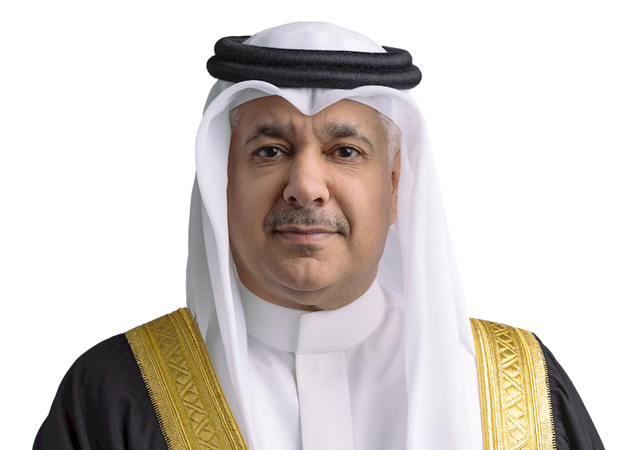
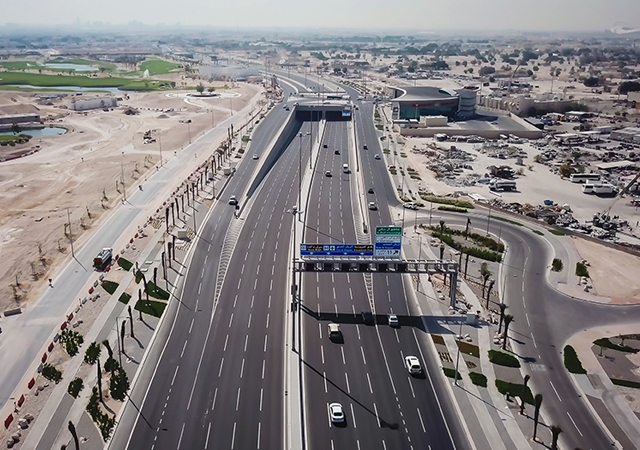
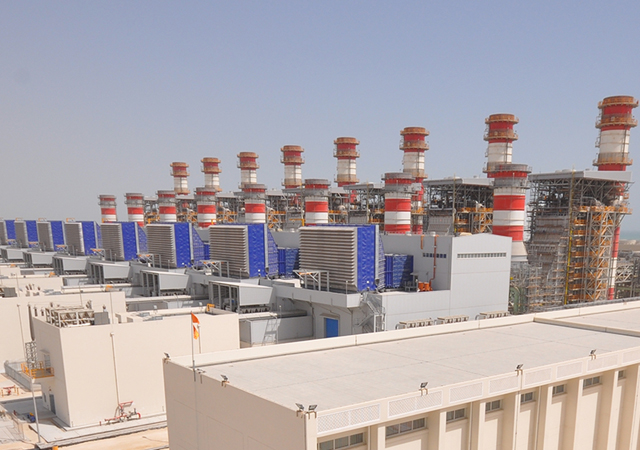
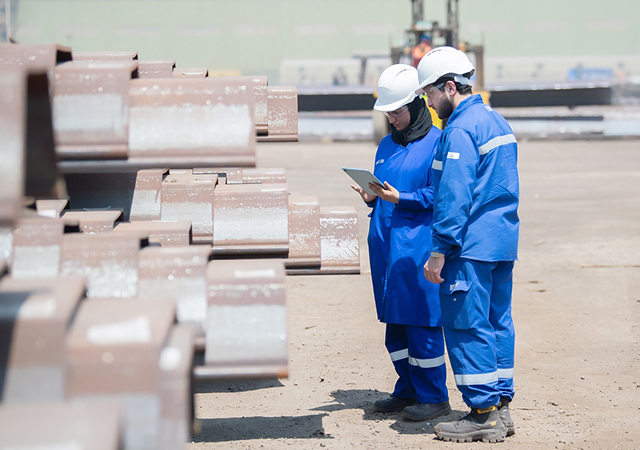
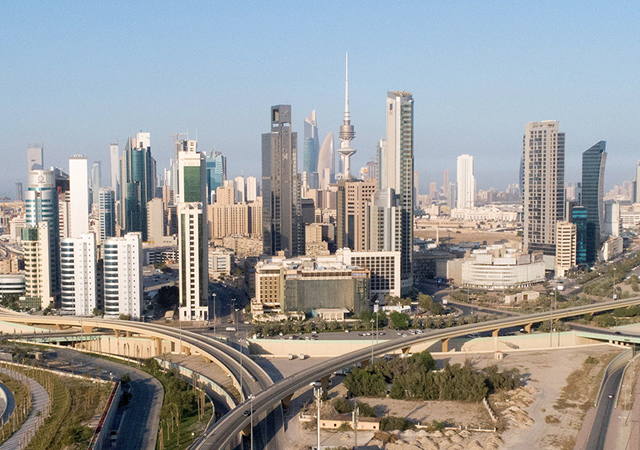
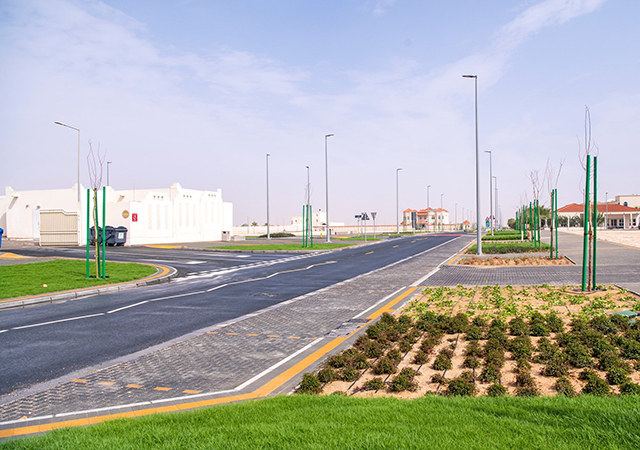
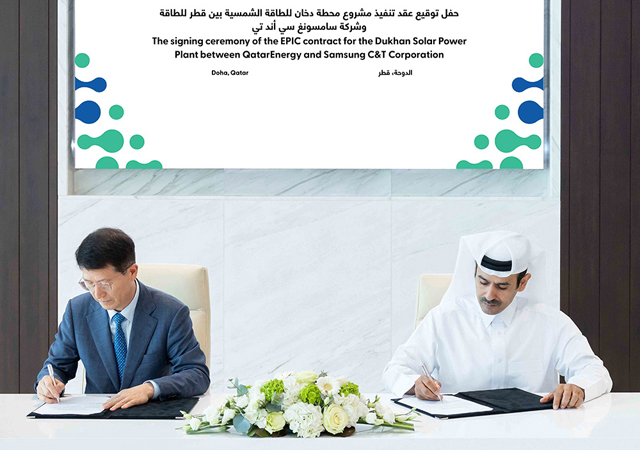
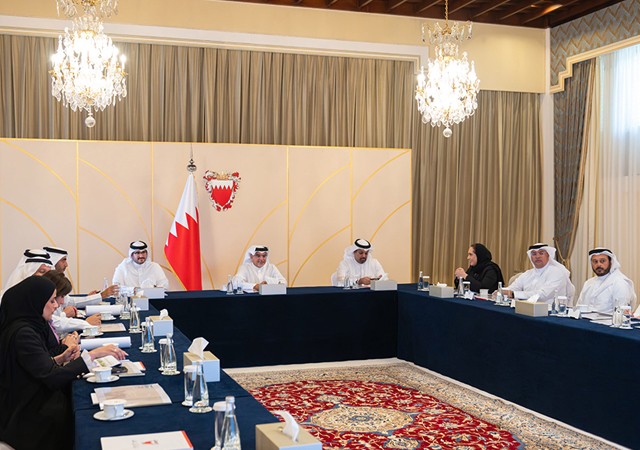
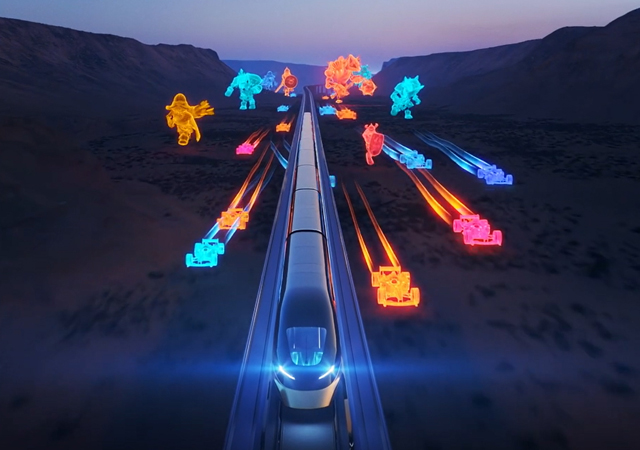
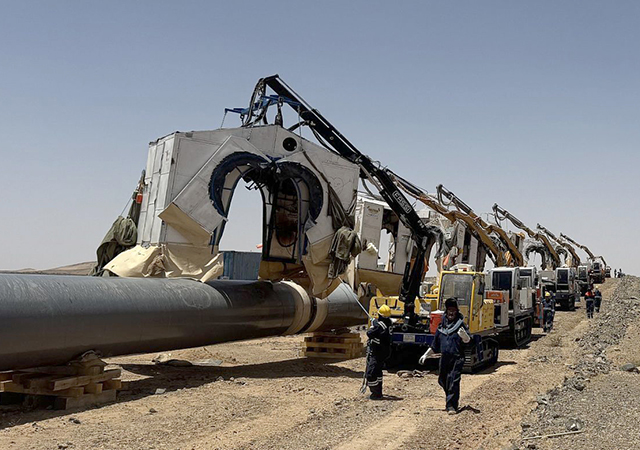
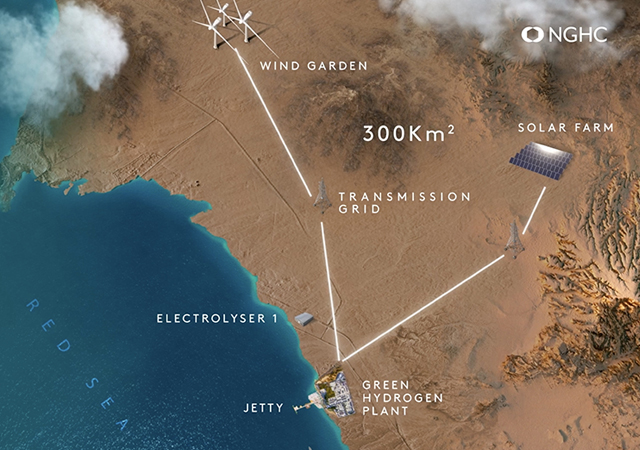
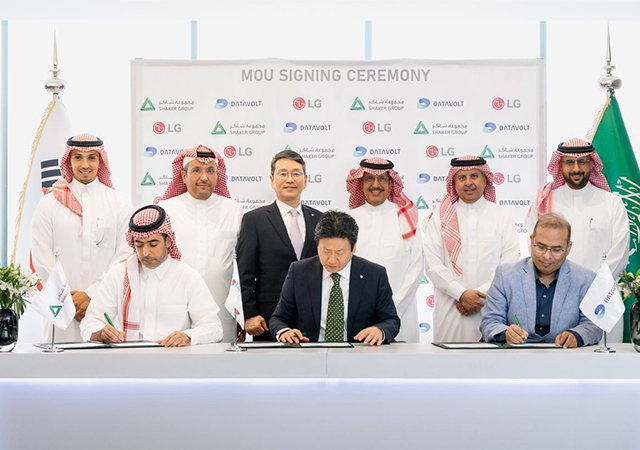
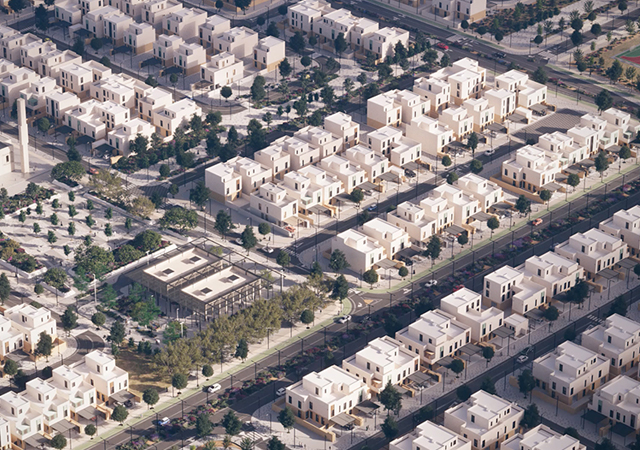
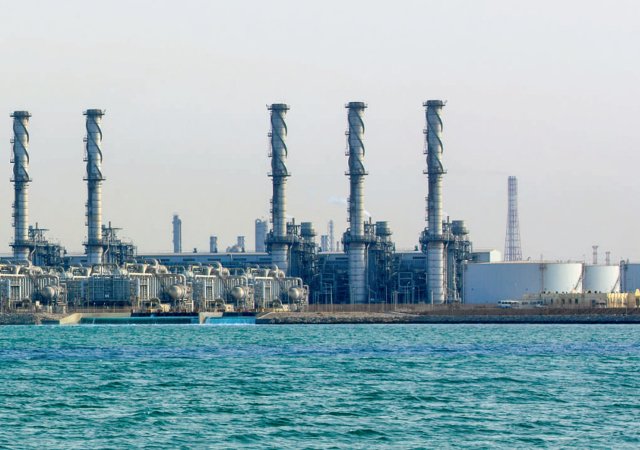
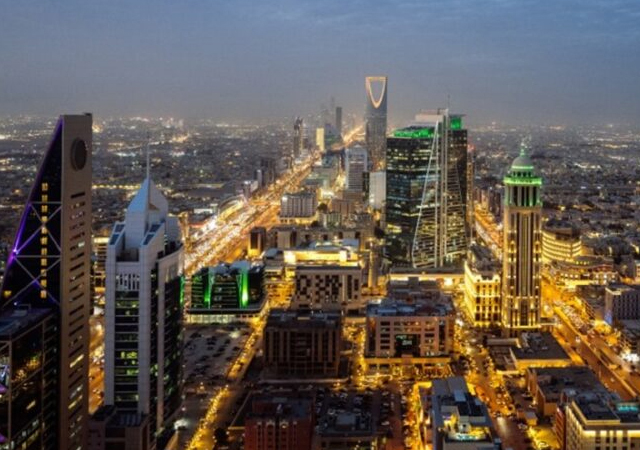
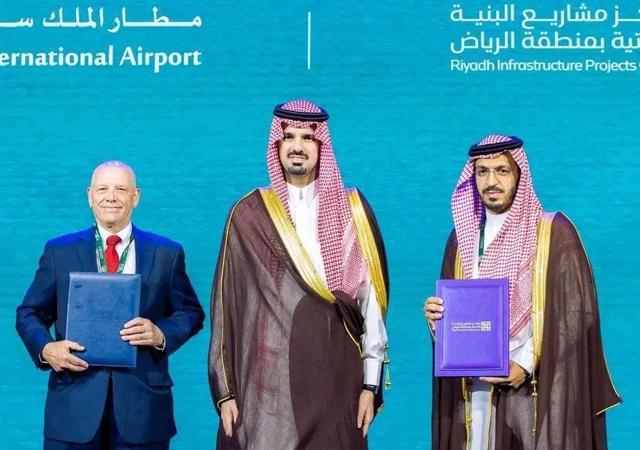
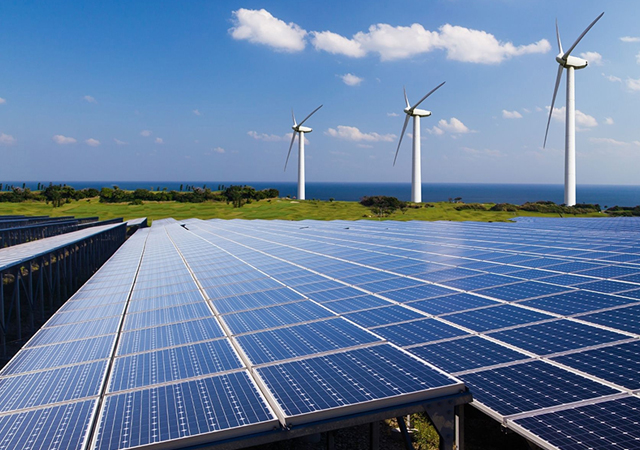
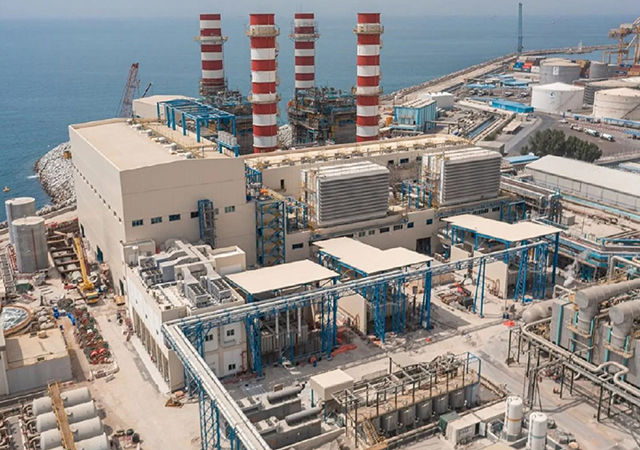
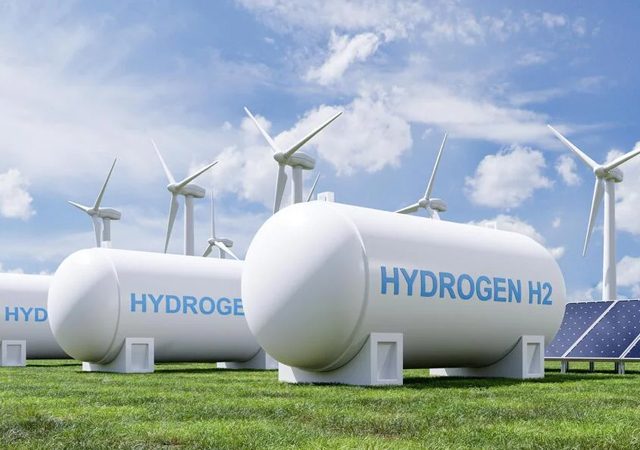

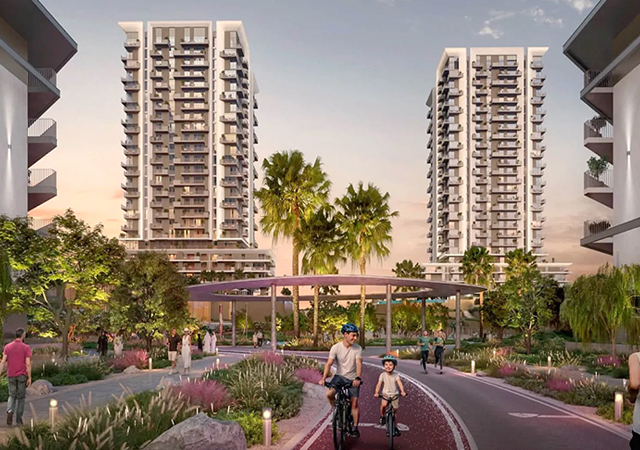
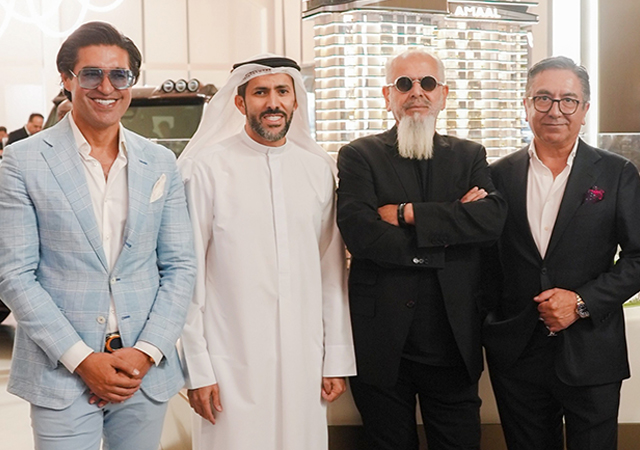
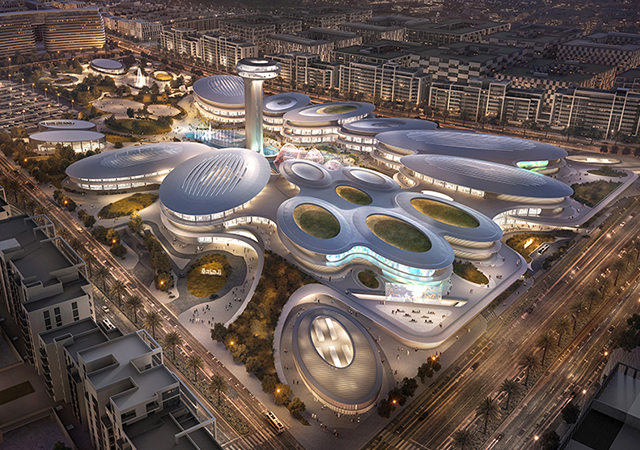
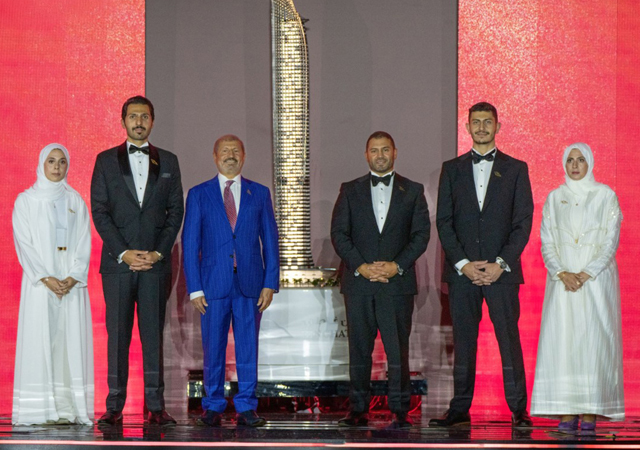
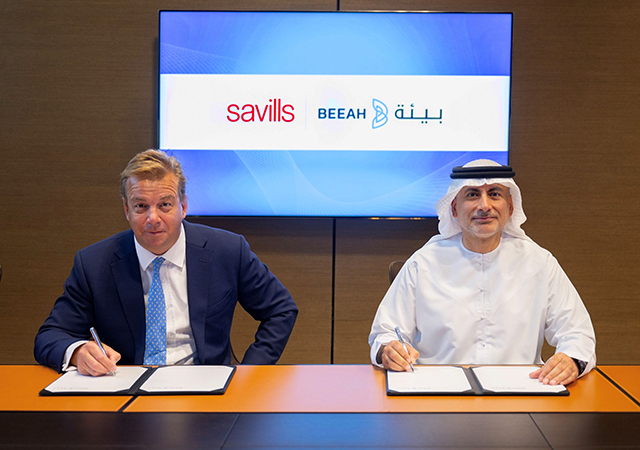
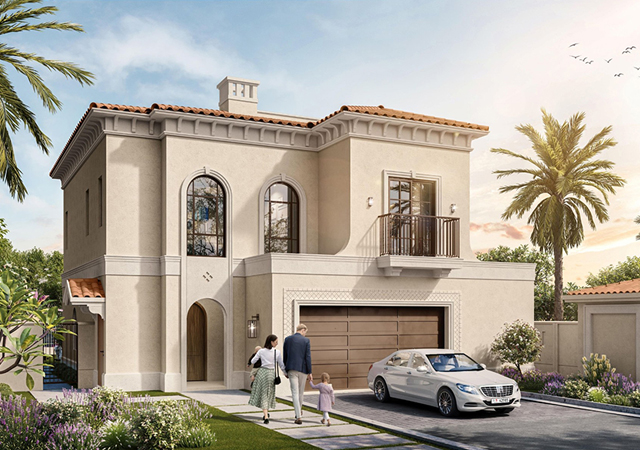
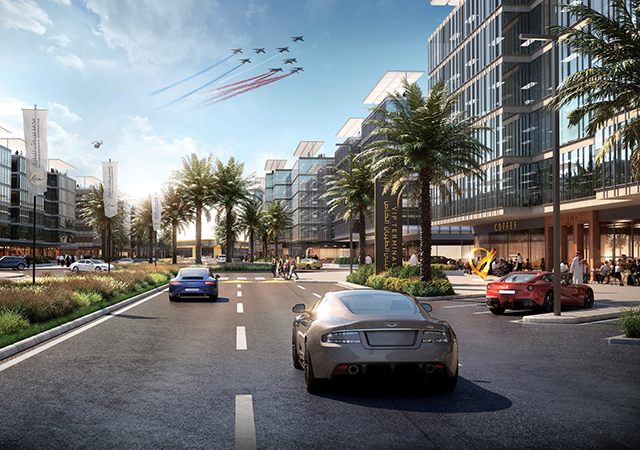
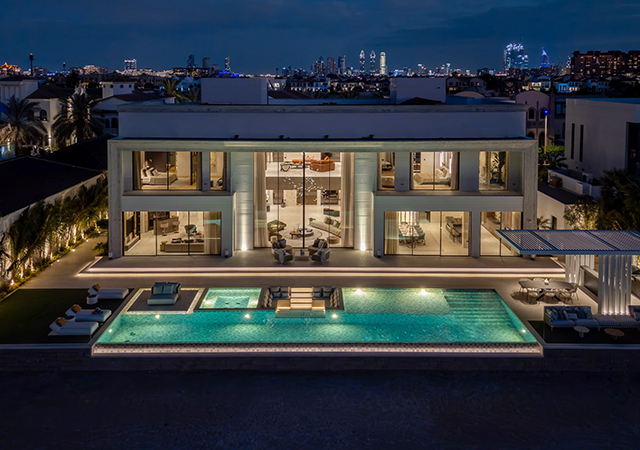
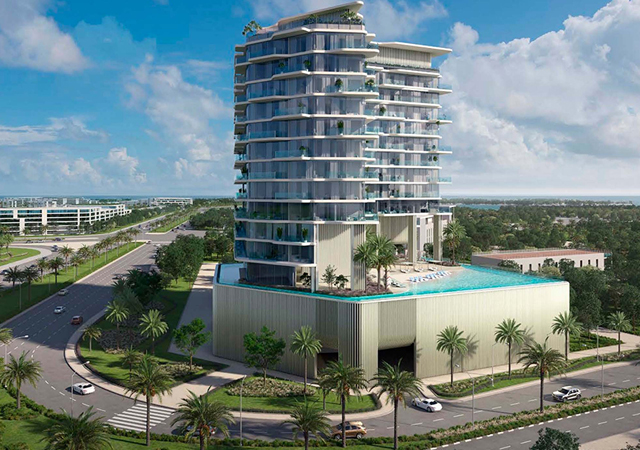
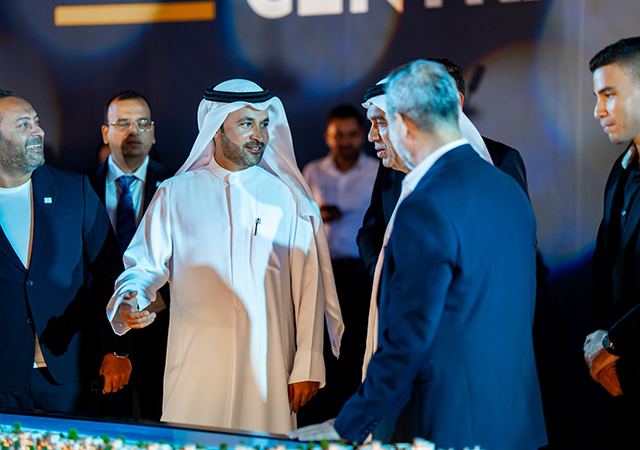
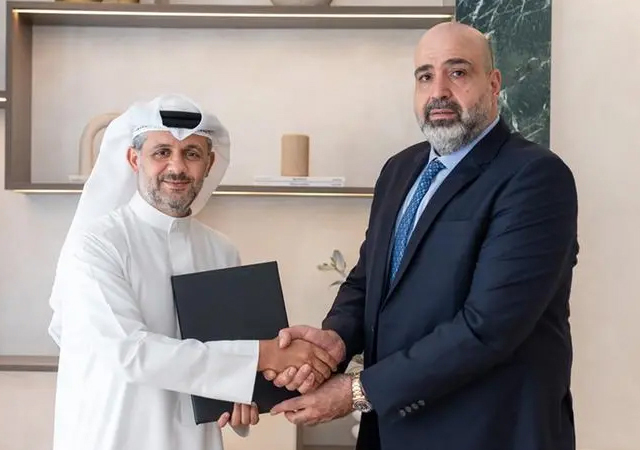
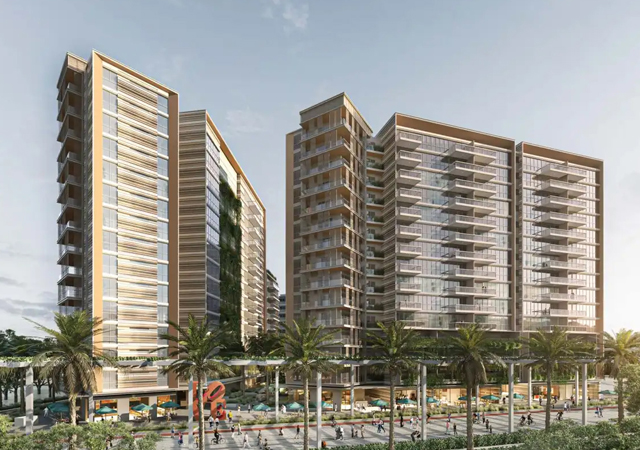
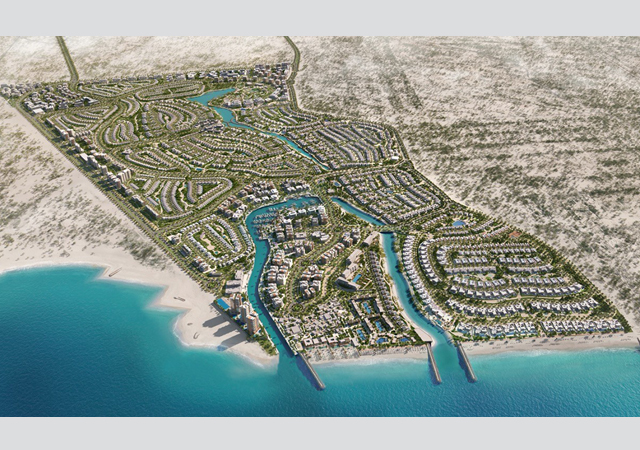
.jpg)
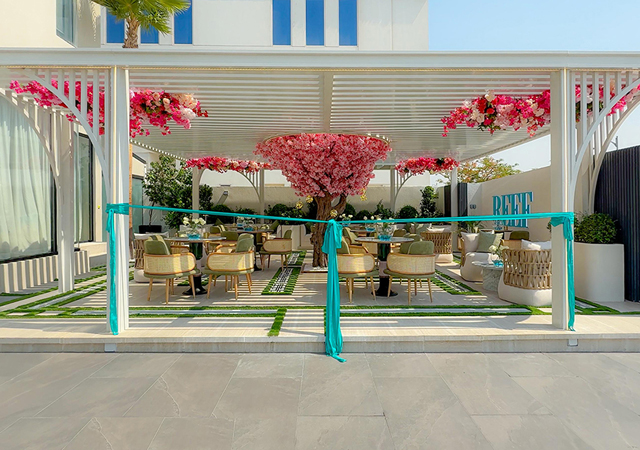
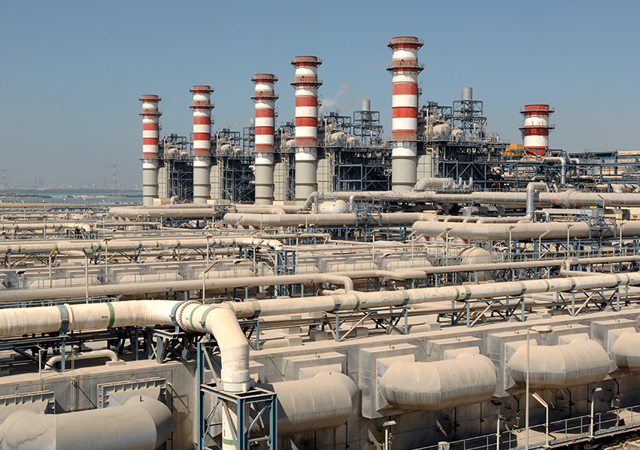
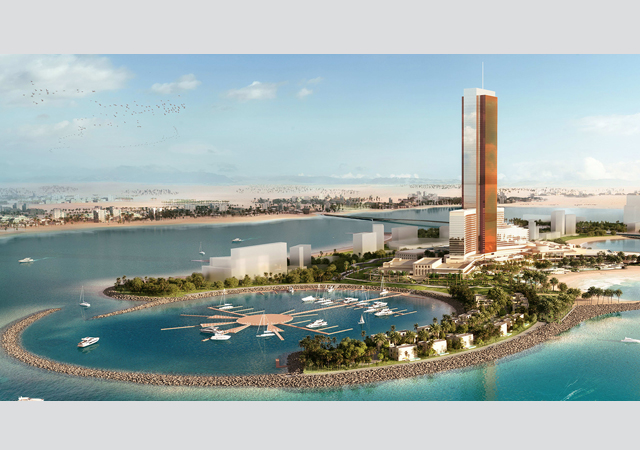
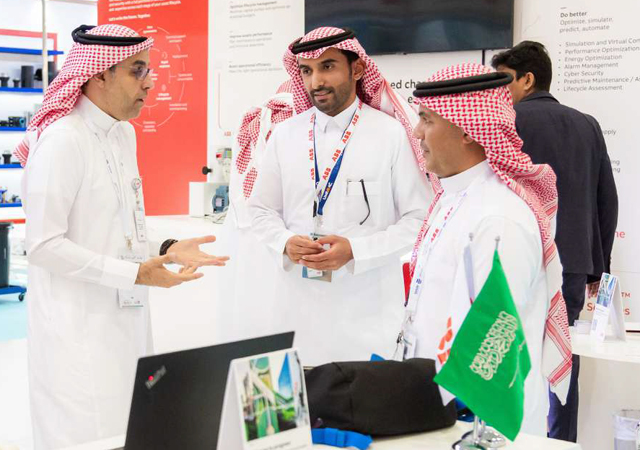
.jpg)
